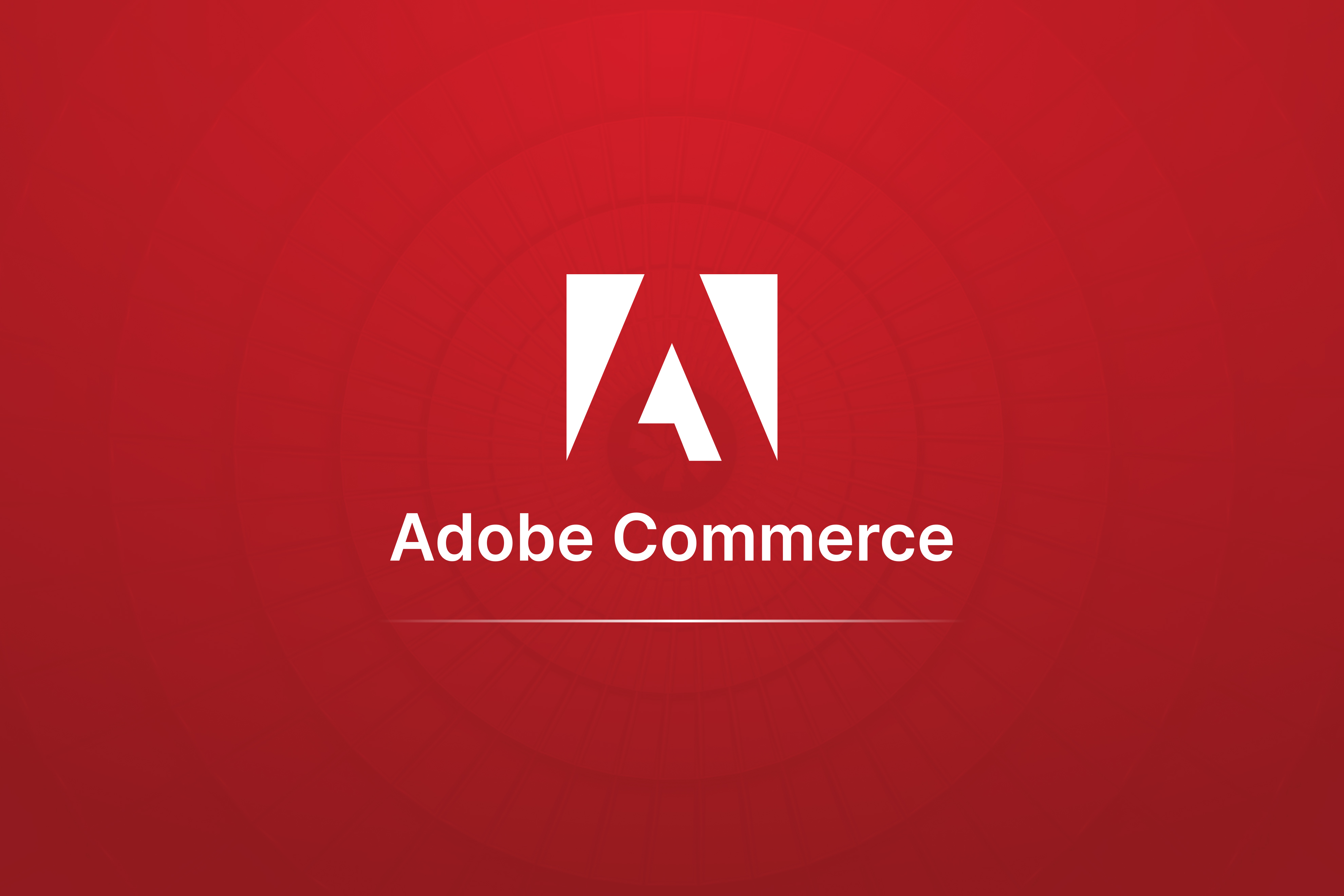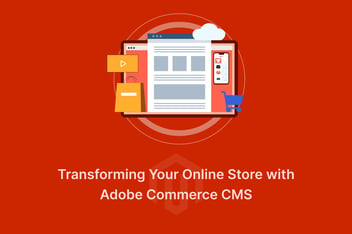Adobe Commerce is an eCommerce platform that provides companies with robust tools to construct and manage their online marketplaces. Several store types, including B2C (business-to-consumer), B2B (business-to-business), Magento Open Source, Magento Commerce, Adobe Commerce Cloud (formerly Magento Commerce Cloud), and multi-channel, are offered by Adobe Commerce. All of these types of stores come with typical features including order tracking and fulfillment, customer administration, payment gateway integration, product and inventory management, and marketing tools.
Adobe Commerce's free, open-source alternative is called Magento Open Source. Customers can customize their store by adding features and Magento extensions in this version, which is primarily targeted toward small businesses. It offers functionalities such as product search, payment options, and delivery options in addition to catalog management. It builds eCommerce sites in a modular way, enabling developers to add features and customize the look and feel of the business. The primary features of Magento are the management of products and inventories, integration of payment gateways, customer management, order tracking and fulfillment, and marketing capabilities.
Adobe Commerce also developed Magento Commerce, an enterprise-level e-commerce platform. Since it is a reliable and extensible platform, numerous significant companies use it as an online store. To help businesses make the most of their digital investments, it provides a variety of capabilities for managing products, customers, and orders in addition to marketing tools, interfaces with other systems, and analytics. Additionally, it includes a tonne of tools that assist companies design their shops, including distinctive catalogs, comprehensive client profiles, and personalized backgrounds.
Adobe Commerce provides a hosting environment, integrated with infrastructure like PHP, MySQL (MariaDB), Redis, RabbitMQ, and supported search engine technologies. For the Starter plan, all environments are PaaS environments, while in Pro it applies only to integration environments. Changes to your project code and file-based configuration are intended to be deployed through Git-based merges up through your environment hierarchy(e.g., Integration to Staging to Master/Production). There are differences between Starter and Pro in terms of the limit on active Paas environments and what environments are initially provisioned.
All environments in a Starter plan consist of PaaS containers, including the production environment. When a Starter project is provisioned, there will be one environment - Master, which serves as the production site. Adobe strongly recommends immediately creating a Staging environment as a child to Master, and then an Integration environment as a child to Staging. One additional active environment can then be created.
In Pro, the Staging and Production environments on a Pro project are provisioned on dedicated servers in what Adobe refers to as Infrastructure-as-a-Service (IaaS) infrastructure. The Master environment, which sits at the top of the hierarchy above Production, is also PaaS-based. Also, one additional active PaaS environment can be created on Pro.
At its core, Magento is a content management system (CMS) designed specifically for e-commerce websites. Customers can use a number of tools and features, such as product catalogs, shopping carts, payment gateways, and order management systems, to build and operate online companies. The platform, which is designed in PHP and is highly customizable, enables users to create unique and customized eCommerce experiences for their customers. Additionally, Magento offers a wide range of integrations and extensions that may be used to enhance the functionality of an eCommerce website, such as adding PayPal as an additional payment option or integrating with well-known marketplaces like Amazon and eBay. Due to its extensive collection of features and resources, Magento has grown to become one of the most well-known eCommerce platforms worldwide.


.png?width=352&name=image_2023_04_18T03_41_14_986Z%20(1).png)

